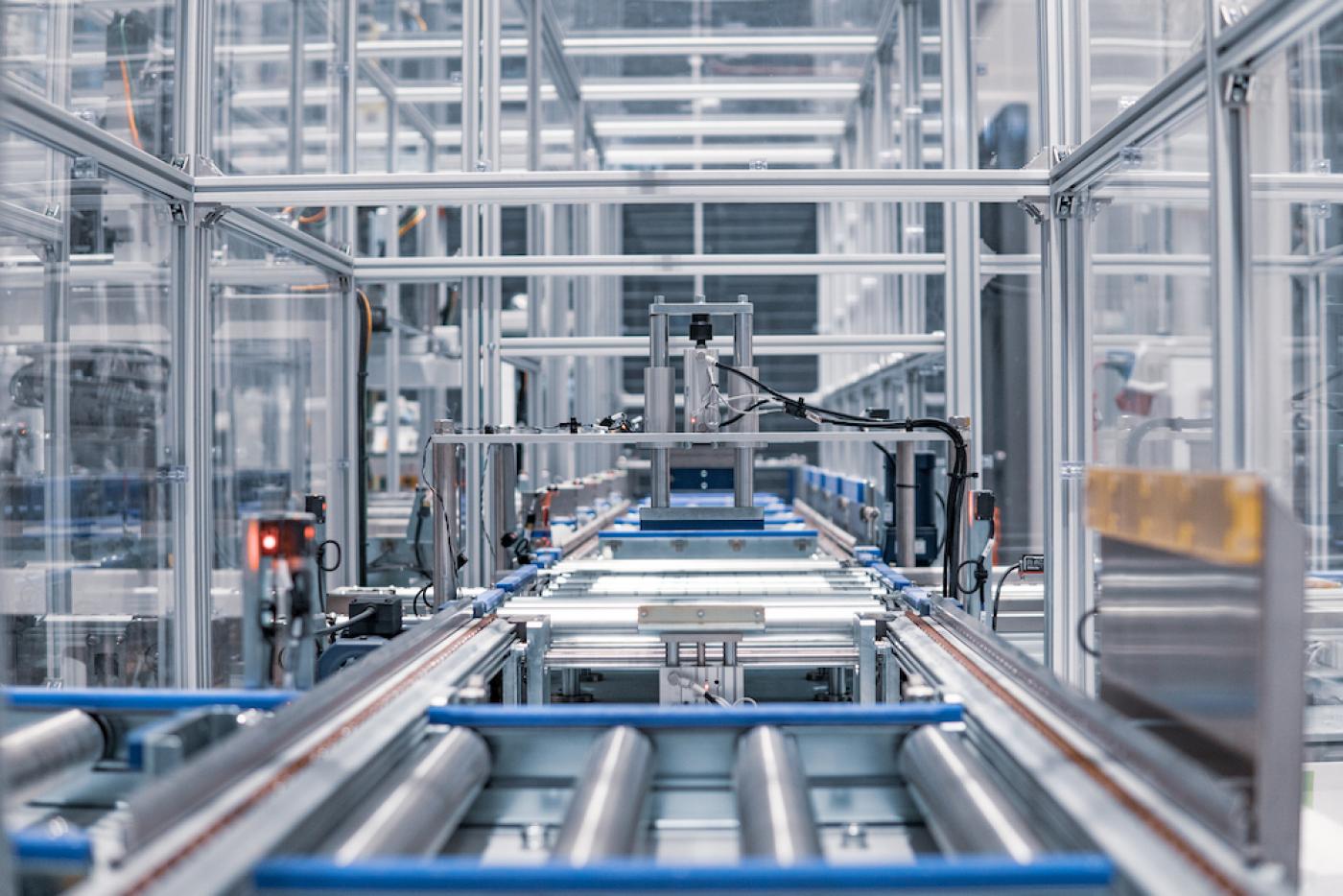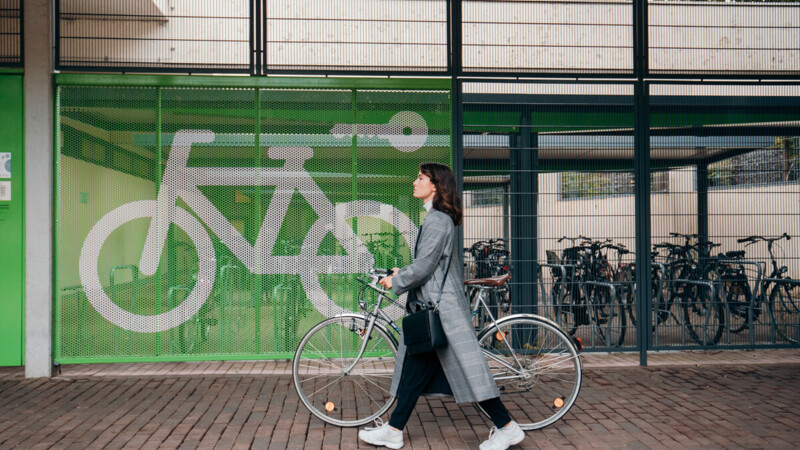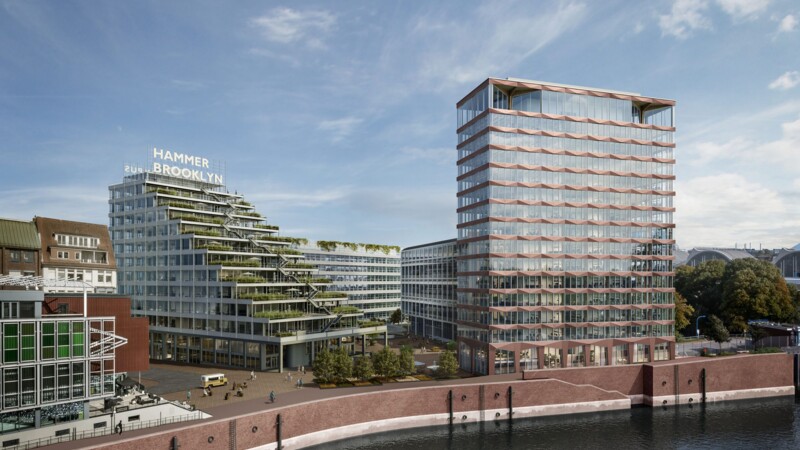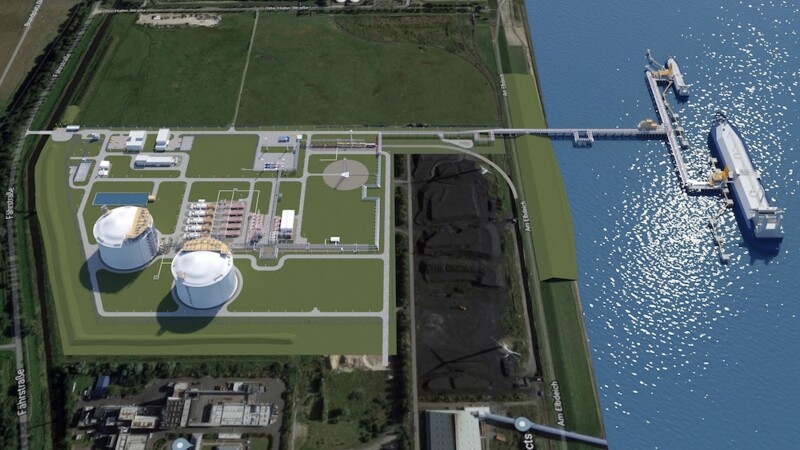Global demand for batteries is rising in the wake of emerging electro mobility. But raw materials such as lithium, nickel, manganese and cobalt, from which the cells are produced are scarce. Given that backdrop, Northvolt aims to source around 50 per cent of its raw material requirements from recycling by 2030. The company aims and to produce high-performance lithium-ion batteries with the "lowest environmental footprint in continental Europe".
Northvolt to build gigafactory in Hamburg Metropolitan Region
The Swedish battery manufacturer, Northvolt, announced plans Tuesday (March 15, 2022) to build a battery gigafactory in Heide, Schleswig-Holstein. Northvolt Drei has an annual potential production capacity of 60 GW and will supply the European market with sustainably produced lithium-ion batteries for some one million electric vehicles from 2025. Around 3,000 new jobs will be created in the Heide region in an industry that is an emerging cornerstone technology of the European economy.
Northvolt focusing on recycling
Abundant supply of wind energy
The choice of the gigafactory's location in the Heide region is crucial as it hosts Germany's cleanest energy grid and has a surplus of electricity generated by onshore and offshore wind power. It is reinforced by clean energy provided through grid interconnections to Denmark and Norway.

Peter Carlsson, CEO of Northvolt, noted: "It matters how we produce a battery cell. If you use coal in your production, you embed a fair amount of CO2 into your battery, but if we use clean energy, we can build a very sustainable product. Our philosophy is that new energy-intensive industries such as battery manufacturing, should be established in actual geographical proximity to where the clean energy is produced."
Leveraging economies of scale
Apart from its position in the emerging European battery supply chain connecting Scandinavia and continental Europe, the Heide region offers the space needed to establish a battery plant of sufficient size to leverage the economies of scale in production which are key to reducing battery costs. Access to German industrial competence and automotive expertise will provide even more opportunities. Local manufacturing expertise in the Schleswig-Holstein region and Heide will ensure the factory delivers batteries of the highest quality, while the factory itself will provide critical labour force experience with battery technology.
mb/sb/pb
Sources and further information
More
Similar articles

Business sites in demand in the Hamburg Metropolitan Region

Four real labs for mobility transition in Hamburg Metropolitan Region

Hammerbrooklyn Innovation Hub: Next construction phase launched
